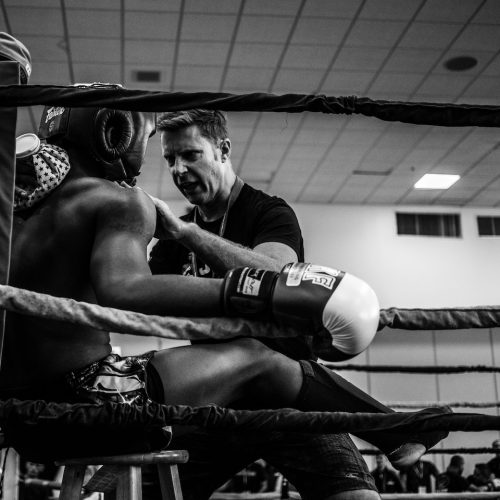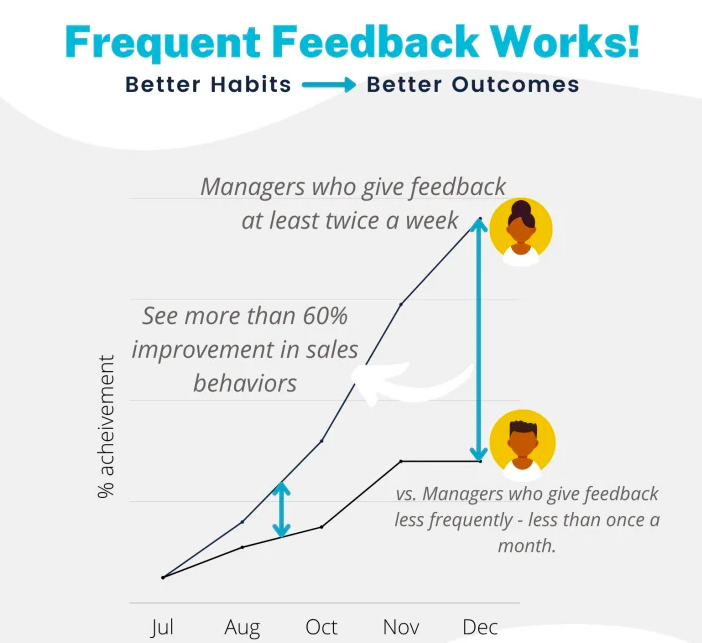Imagine your favorite Basketball/ Cricket / Football team run by a supervisor instead of a coach. Take a second and visualise it.
The supervisor stands court-side, counts the passes and baskets and switches players ensuring all players are utilized equally. No time for game strategy or motivating the players, their eyes are on court making sure no one stands around doing nothing. Feels familiar? Isn’t that what happens in teams?
Thankfully, for sports, it isn’t so. Sports teams have coaches to bring teams together, play to each player’s strengths and motivate them to high performance.
Sports has worked out that coaching is as much a science as it is an art – Ask Billy Bean. At work, managers perform their role as supervisors rather than coaches while expecting high-performance, day in and day out from their teams.
But isn’t managing and coaching the same thing?
Managing and Coaching: What's the Difference?

Moving from managing to leading teams implies a change in how we view work. It also requires the sales leader to be a coach, with a primary focus on keeping the team engaged and motivated.
Microsoft Agrees with us, their latest report on hybrid work underscores this – “Now more than ever, it’s the job of every leader to balance employee interests with the success of the organization, aligning everyone around the most impactful work…Creating a culture and employee experience to meet the needs of today’s digitally connected, distributed workforce requires a new approach.”
With digital, hybrid teams becoming the norm rather than the exception, managers who only see themselves as supervisors will soon become obsolete.
Ironically, teams actually need their leaders now more than ever – to feel connected, engaged and supported. Disengaged employees are unproductive and cost the global economy $7.8 trillion – ask Gallup.
So what can you do about it?
3 techniques managers can use to become effective sales leaders
1. Appreciate Efforts over outcomes
Companies reward outcomes, and Google’s CEO agrees.
That’s why dashboards are designed to measure outcomes. But every coach knows that behind every successful three-pointer is hours of fitness training and shooting practice – the Lead Indicators. Basketball players repeatedly practice their moves in training so the shot actually comes without any thought, it becomes an automatic reflex (a habit!). Focussing on the effort actually guarantees the outcome. So while it feels like “gyan”, the more Managers focus on and appreciate their team’s effort, the better their team’s chances of delivering.

2. Guide rather than instruct
Autonomy is one of the most underrated elements to feeling motivated. Coaches understand this – Helping players by guiding each player’s strengths, their motivational style and their unique performance curve.
These tips are more guidance than instructions. Rather than share tips that worked for someone else, coaches offer personalized insights to help players reach their personal best.
3. Share feedback regularly
Coaches don’t wait for the end of a season to give feedback – that is absurd and useless. Instead they stand court-side, watch the game and coach their players through the game.
An important part of building high-performing teams is sending regular feedback. Managers need to find ways to provide regular feedback. Teams can then align their behaviors towards the goal rather than wait for hindsight reviews.
Frequent feedback works to boost productivity.

Conclusion
In his book, Drive: The Surprising Truth About What Motivates Us, author Dan Pink uses 50 years of behavior studies to flag the disconnect between what science knows and what business does.
At worxogo, we’re passionate about helping businesses use Behavior Science to help sales leaders build engaged, motivated and productive teams, no matter where they work from.
worxogo’s Nudge Coach helps managers transform their leadership using customized team insights. Move your management style closer to the action, so you manage teams court-side rather than postseason.
Ask how worxogo Nudge Coach can help your team today.


